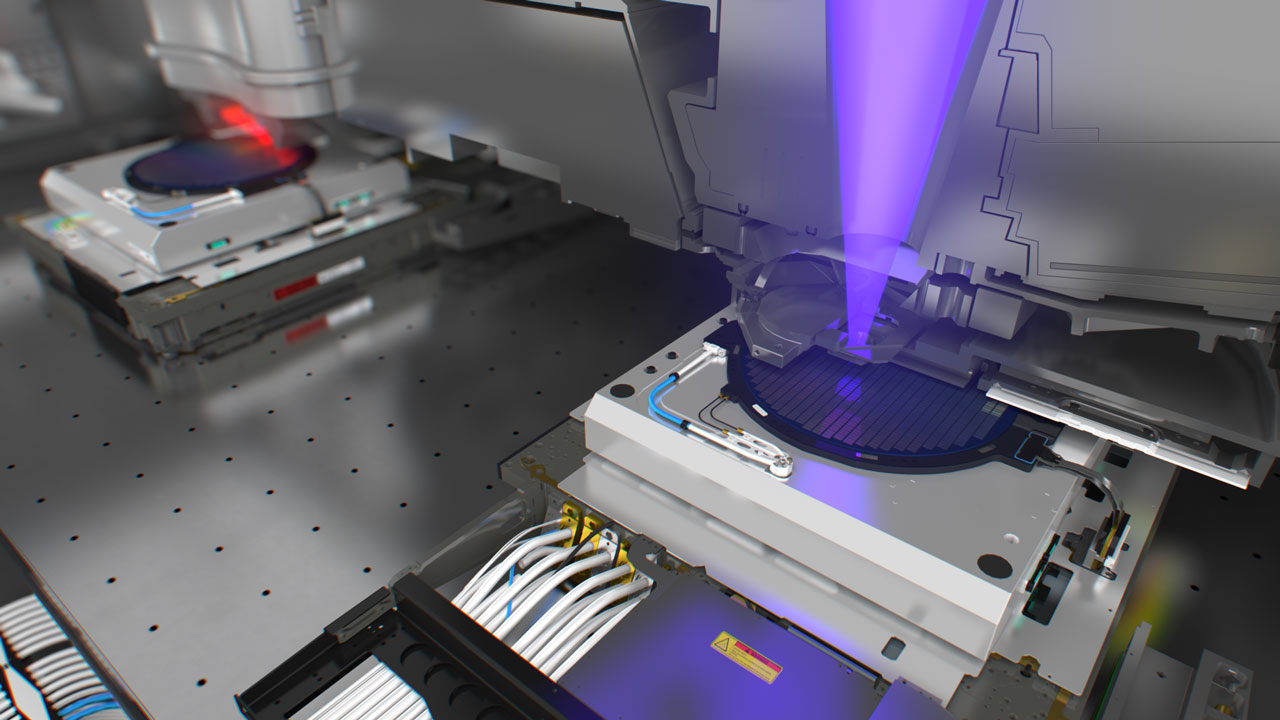
Japan's National Institute of Advanced Industrial Science and Technology (AIST) is partnering with Intel to establish a new research and development center focused on advanced chip production, reports Nikkei citing sources with knowledge of the matter. This facility is expected to be operational within three to five years and will focus on process technologies that use EUV lithography.
The new R&D center will cost hundreds of millions of dollars (as each EUV litho machine costs around $200 million) and will provide an opportunity for various industry players in Japan to collaborate with AIST and Intel by jointly using EUV equipment for prototyping and testing. The move will enable chip designers in Japan to adopt the latest process technologies, such as those relying on EUV tools, which will ultimately make them more competitive with industry peers based elsewhere.
Currently, many Japanese companies must rely on foreign research centers, such as Belgium's IMEC, to access EUV equipment for product development. By establishing a domestic facility, Japan aims to reduce this reliance on overseas resources, thereby speeding up the development process and improving the competitive standing of its semiconductor industry.
Notably, Japanese companies like Lasertec and JSR are already global leaders in several areas of EUV technology. Lasertec dominates the market for EUV inspection equipment, while JSR excels in photoresists used in chip production. Through the new research center, Intel aims to strengthen its collaboration with these companies to solidify its own capabilities while also strengthening Japan's position in the global semiconductor supply chain.
Another advantage that Intel gets by working closely with Japanese companies is to ensure that its existing rival TSMC (and upcoming rival Rapidus with a presence in Japan) can't secure key strategic advantages, such as customer relations or better tools and/or raw materials.
Nikkei also believes that a joint R&D center between an American company and Japan’s AIST is strategically significant given the increasing tensions between the U.S. and China. The U.S. has imposed stricter export controls on EUV-related technologies to China, complicating the process of transferring research data back to Japan. A domestic EUV facility will help Japan circumvent these challenges, providing greater security and efficiency in semiconductor development.







